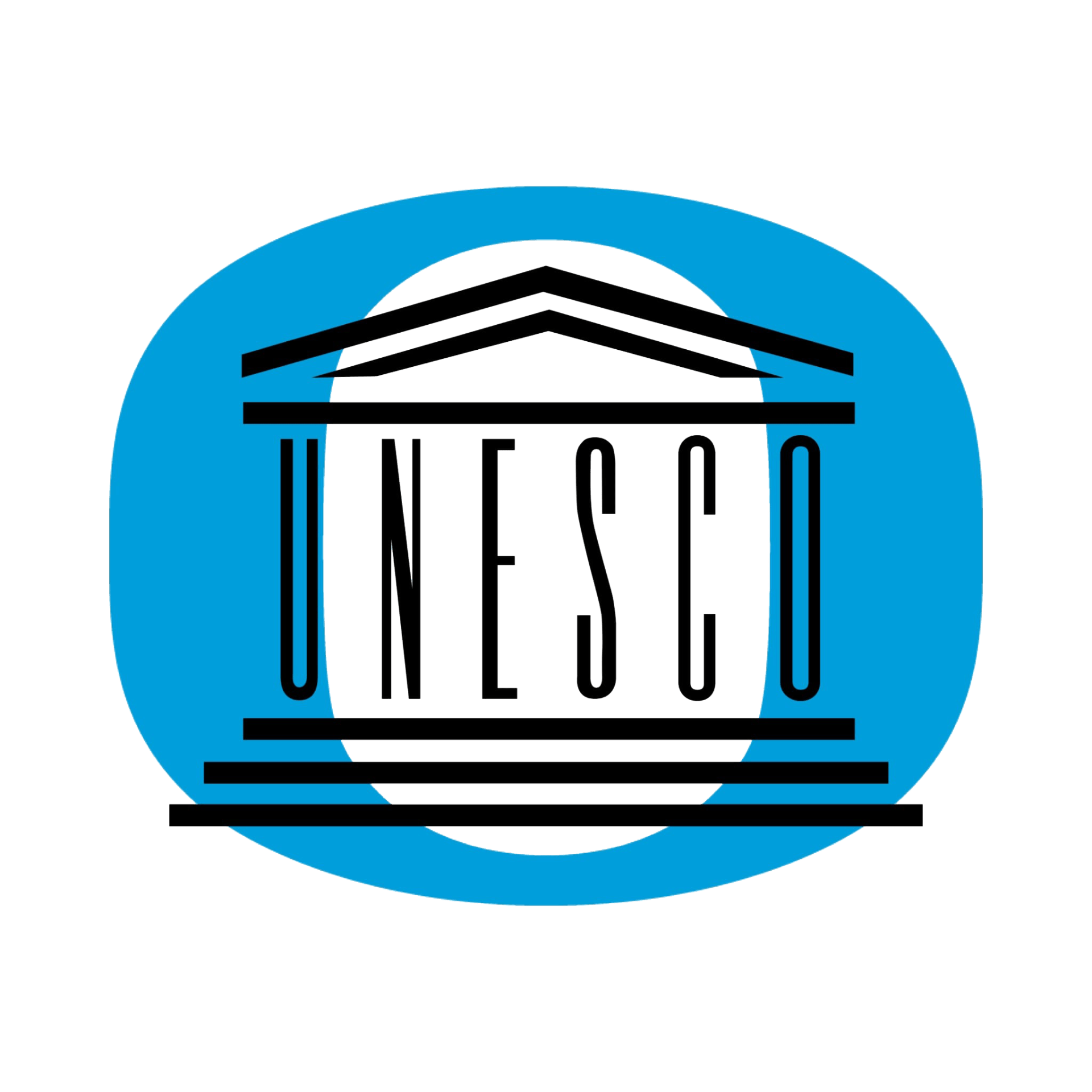Who We Are
The University of Oregon-UNESCO Crossings Institute for Conflict-Sensitive Reporting and Intercultural Dialogue launched at the University of Oregon in 2013 with offices at the School of Journalism and Communication Turnbull Center in the White Stag block in Portland and on the University of Oregon campus. Read the official press release.
The UNESCO–University of Oregon Crossings Institute for Conflict-Sensitive Reporting and Intercultural Dialogue is a dynamic platform that unites students, faculty, scholars, and seasoned journalists from the University of Oregon and worldwide. The UNESCO Crossings Institute aims to foster peace and global understanding by promoting intercultural dialogue through education, journalism, and research.
Since 2011, the Crossings Institute has actively participated in World Press Freedom Day, providing opportunities for student reporters to engage with global journalism. Our reporting teams have covered cities including Jakarta, Addis Ababa, Helsinki, and Montevideo, producing in-depth stories and facilitating meaningful conversations with international leaders and media advocates.
Over the years, Crossings reporters have conducted interviews with prominent figures including Audrey Azoulay (Director-General of UNESCO); Jodie Ginsberg (Chair of the Committee to Protect Journalists); and Vera Baboun (Palestinian Ambassador to Chile), among many others. Through our work, teams continue to highlight critical issues affecting press freedom and human rights around the world.
UNESCO published an article in 2023 highlighting the Crossings Institute’s reporting efforts during World Press Freedom Day events. This feature underscored our commitment to fostering global dialogue and spotlighting the role of student journalists in international discourse.
Looking ahead to World Press Freedom Day 2025, the Crossings Institute will take part in events in Brussels, where we will co-sponsor the launch of the forthcoming book Don’t Shoot the Journalist: Migrating to Stay Alive (Anthem Press, 2025). This anthology, which explores the intersection of journalism, migration, and human rights, will debut at VUB University on May 5.
A core theme of the 2025 World Press Freedom Day conference is the evolving role of artificial intelligence in journalism. This topic has been the focus of recent research by University of Oregon professor Damian Radcliffe, who explores how AI is transforming journalistic practices and raising new ethical and professional challenges. His work offers important context for understanding the broader implications of AI on press freedom worldwide.
Throughout the week, Crossings is also organizing additional launch events and discussions in Brussels, collaborating with partner institutions and advocacy groups dedicated to press freedom and refugee rights.
Through these ongoing initiatives, the Crossings Institute remains dedicated to empowering the next generation of journalists and advancing global conversations around media, conflict, and intercultural dialogue
Our History
The Institute dates its founding back to 2006 when UNESCO (the United Nations Educational, Scientific, and Cultural Organization) approved the first-ever American chair in UNESCO’s Intercultural Dialogue Program at the University of Oregon. Professor Steven Shankman was named the UNESCO Chair in Transcultural Studies, Interreligious Dialogue, and Peace. In 2007 the University of Oregon joined UNESCO’s UNITWIN (university twinning program), a network of the chairs in interreligious dialogue for intercultural understanding. UNITWIN promotes research collaboration among its members.
In September 2008 the Center for Intercultural Dialogue was established at the University of Oregon. Under the leadership of UNESCO Chair Shankman, the Center for intercultural Dialogue aimed to foster an environment of peace through the promotion of interdisciplinary teaching and research in transcultural studies and interreligious dialogue. The Center has engaged students as well as faculty and community members in efforts to build a global community through education and dialogue that transcends cultural, religious, and geopolitical boundaries. In 2013 the Center became the UNESCO Crossings Institute.
Working from curricula developed by UNESCO and the University of Oregon School of Journalism and Communication, Crossings Institute training in conflict sensitive reporting begins with acknowledgement that conflict is a critical element of most news reporting. Too often journalists assigned to report on conflict find it framed by the combatants as a simple us against them story. That rarely is the case. Rather, conflict in news stories is multifaceted – and its causes and solutions are complex. Learning to report on conflict with a point of view oriented to what may be a solution rather than a simplistic who-wins-and-who-loses perspective can result in informative and constructive journalism of social value. Conflict sensitive reporting training investigates how journalists tend to cover conflicts as simple dichotomies and why a more nuanced approach may result in more interesting and responsible journalism than the black and white type that often typifies conflict reportage. Such training investigates how news reports can unintentionally exacerbate conflict and how conflict sensitive reporting can influence parties at odds to seek common ground and, ultimately, solutions to conflicts.
